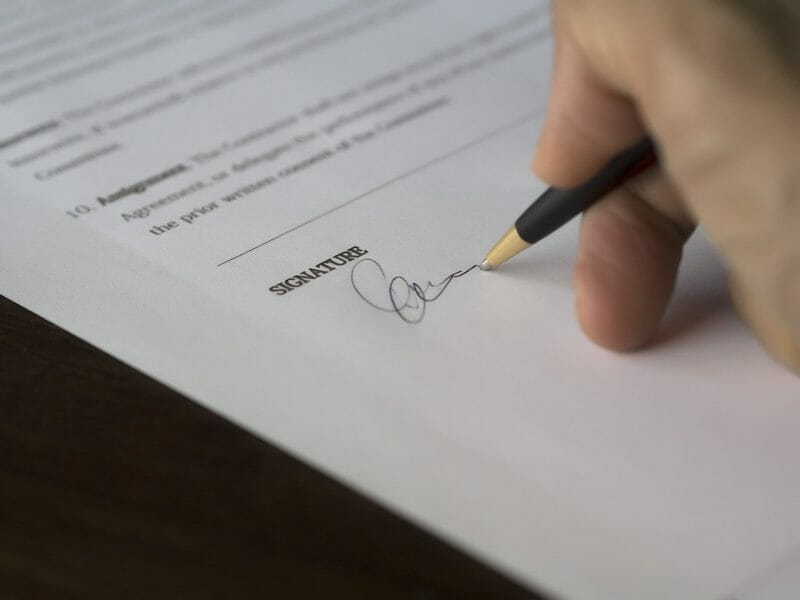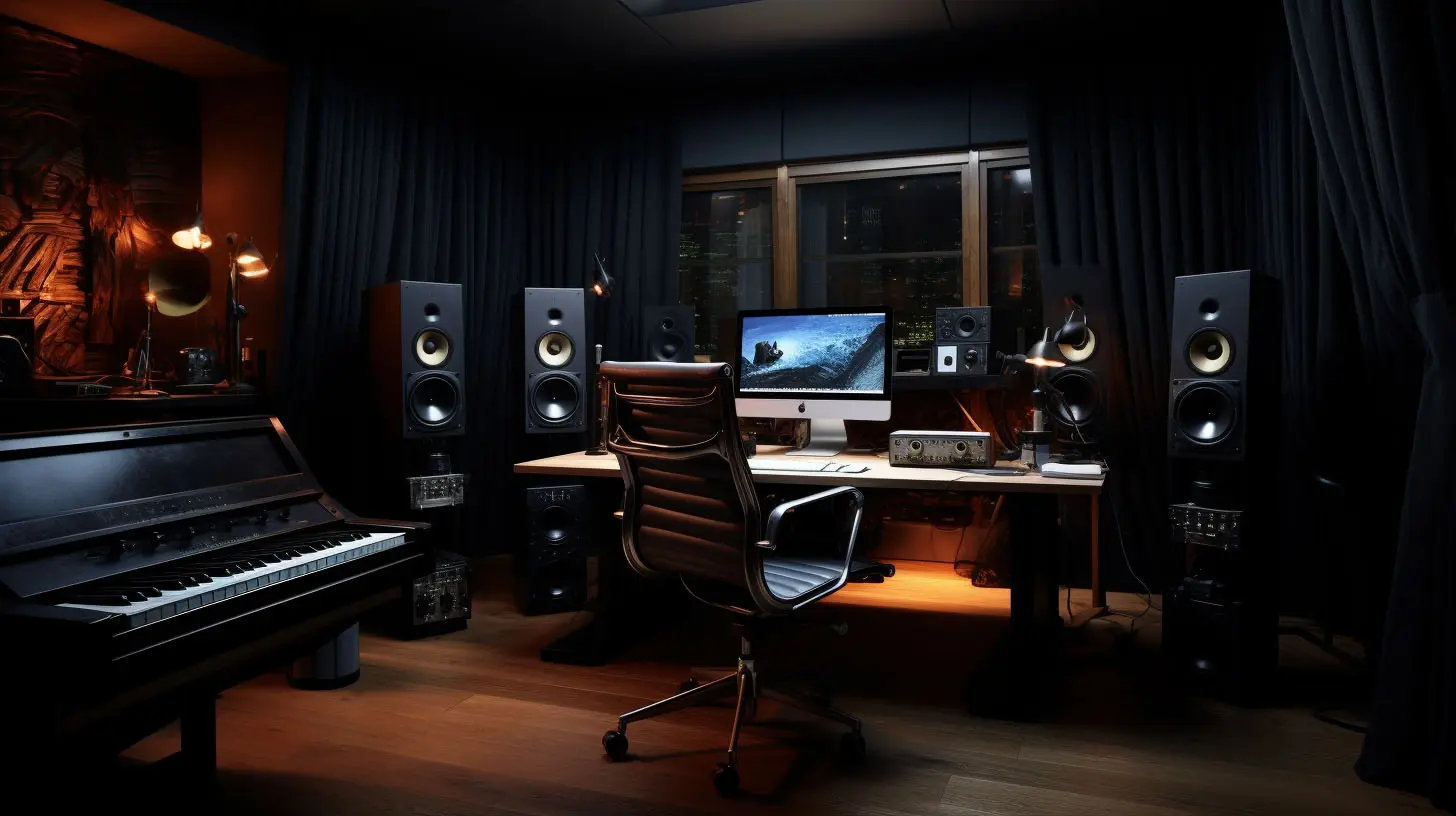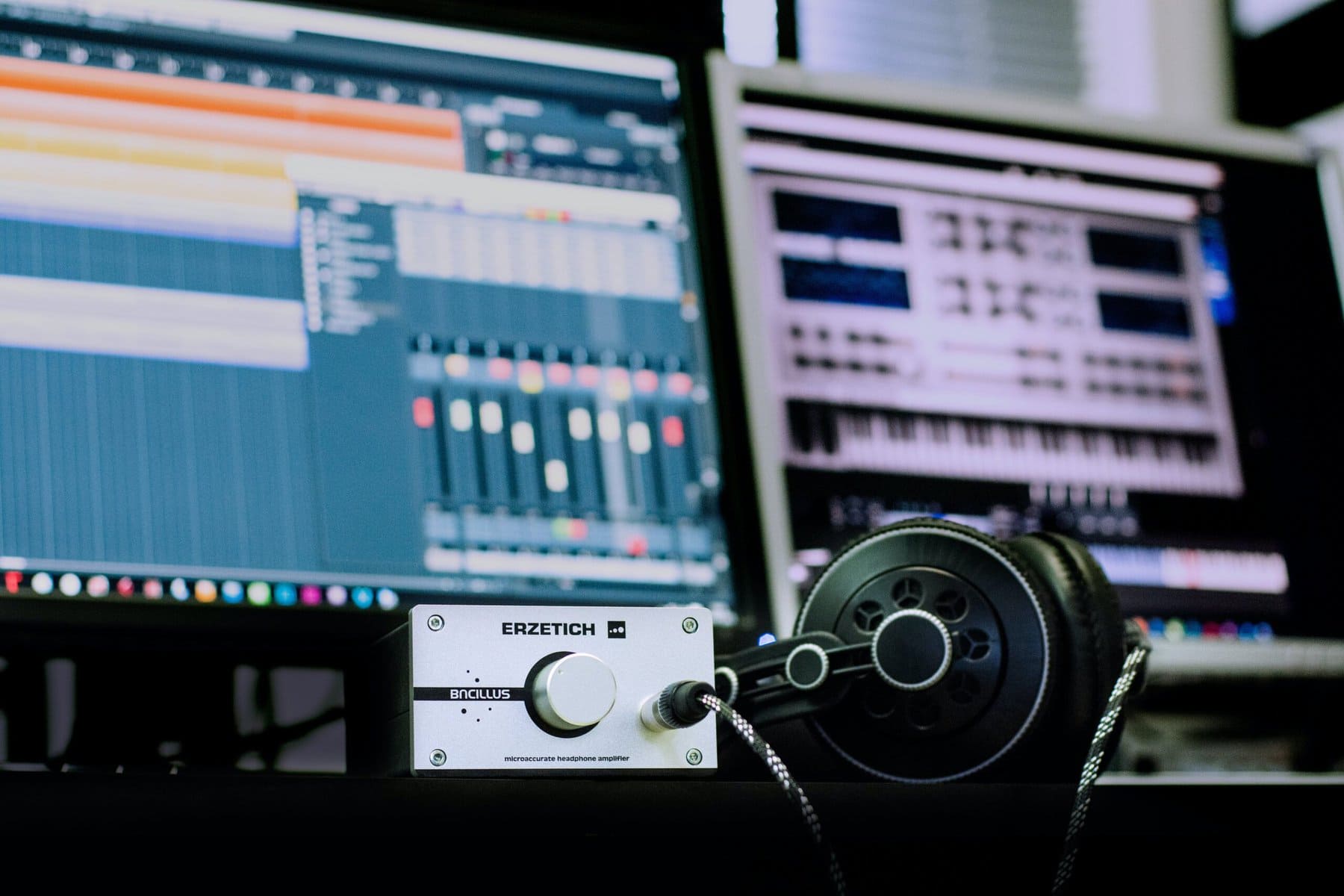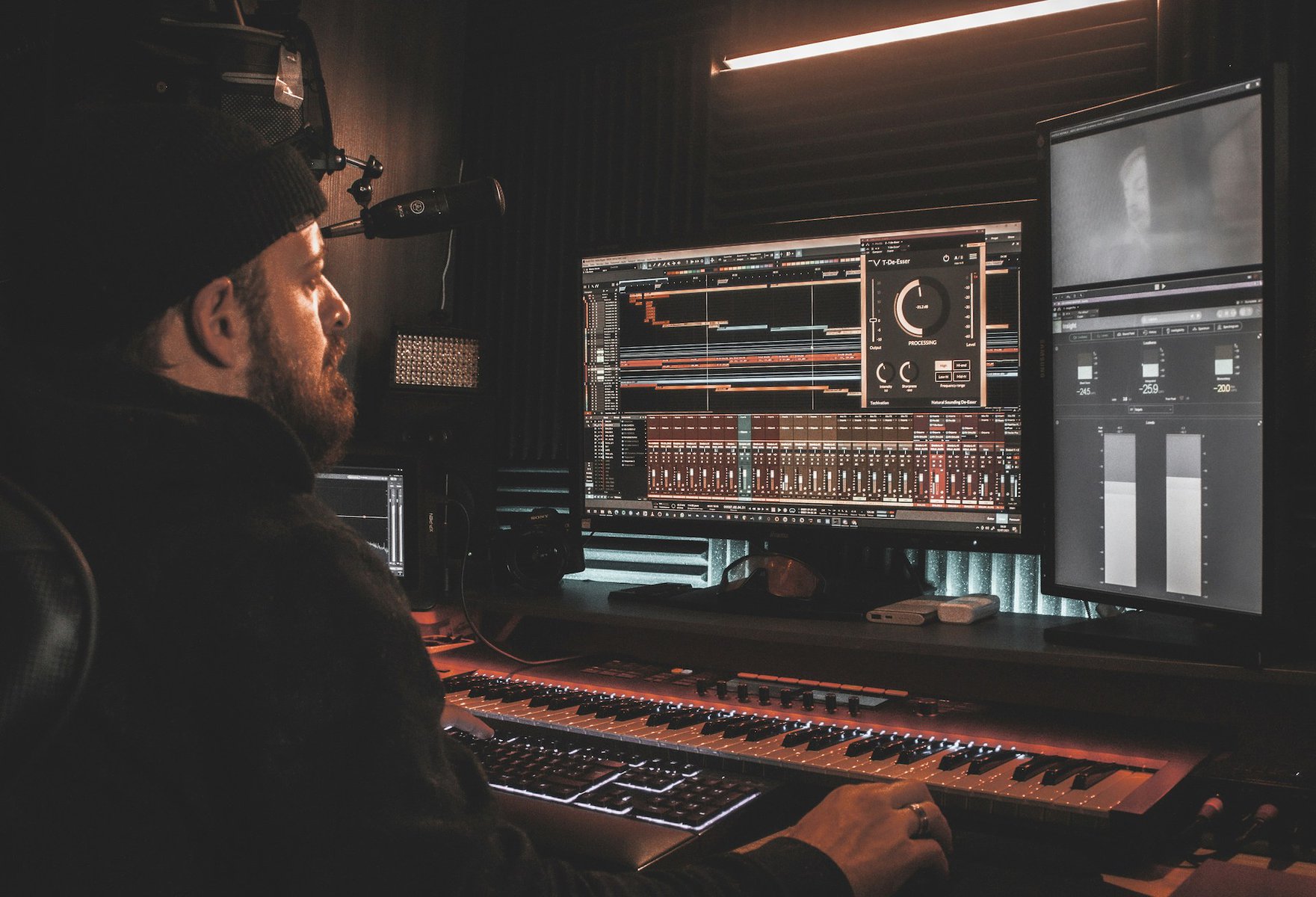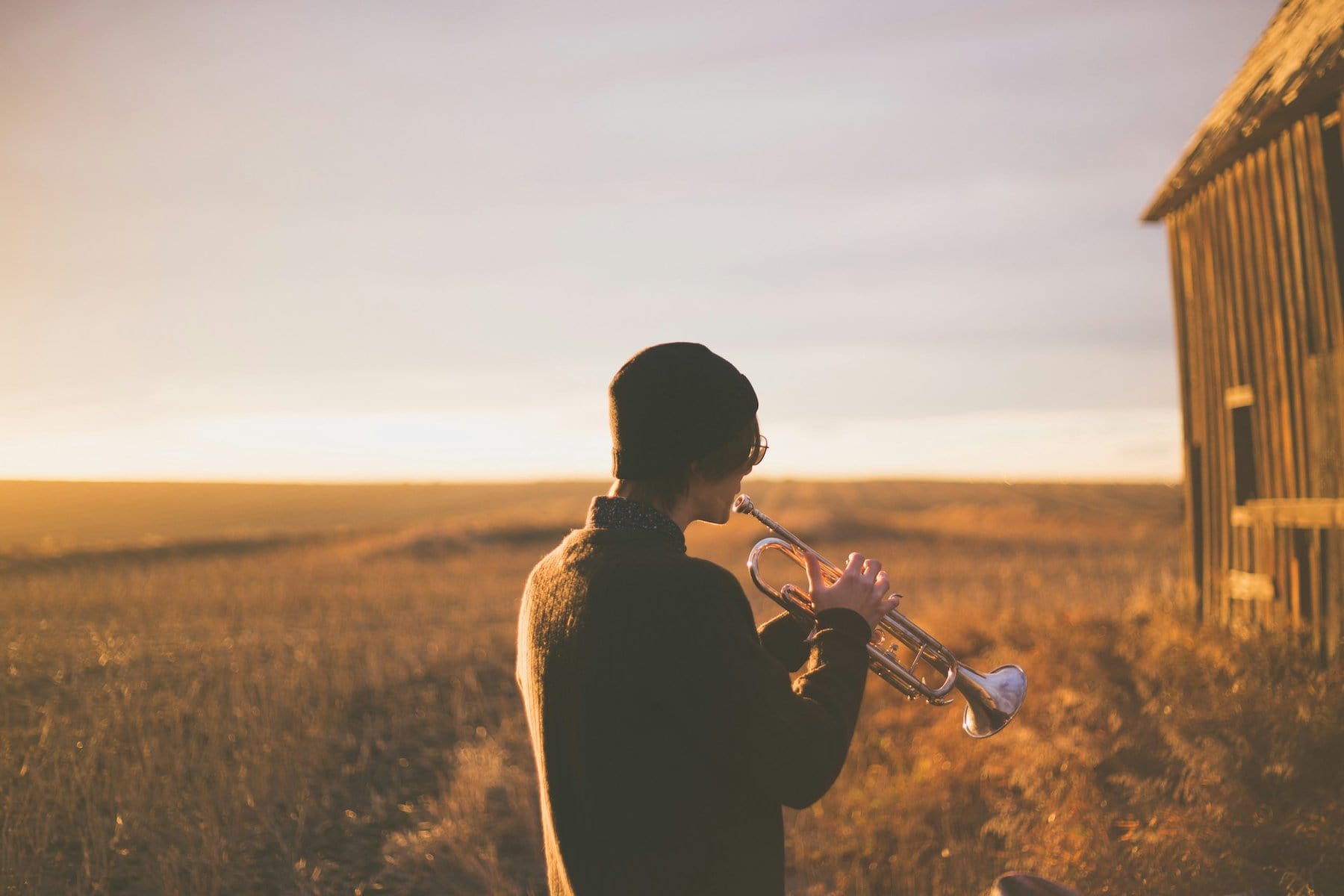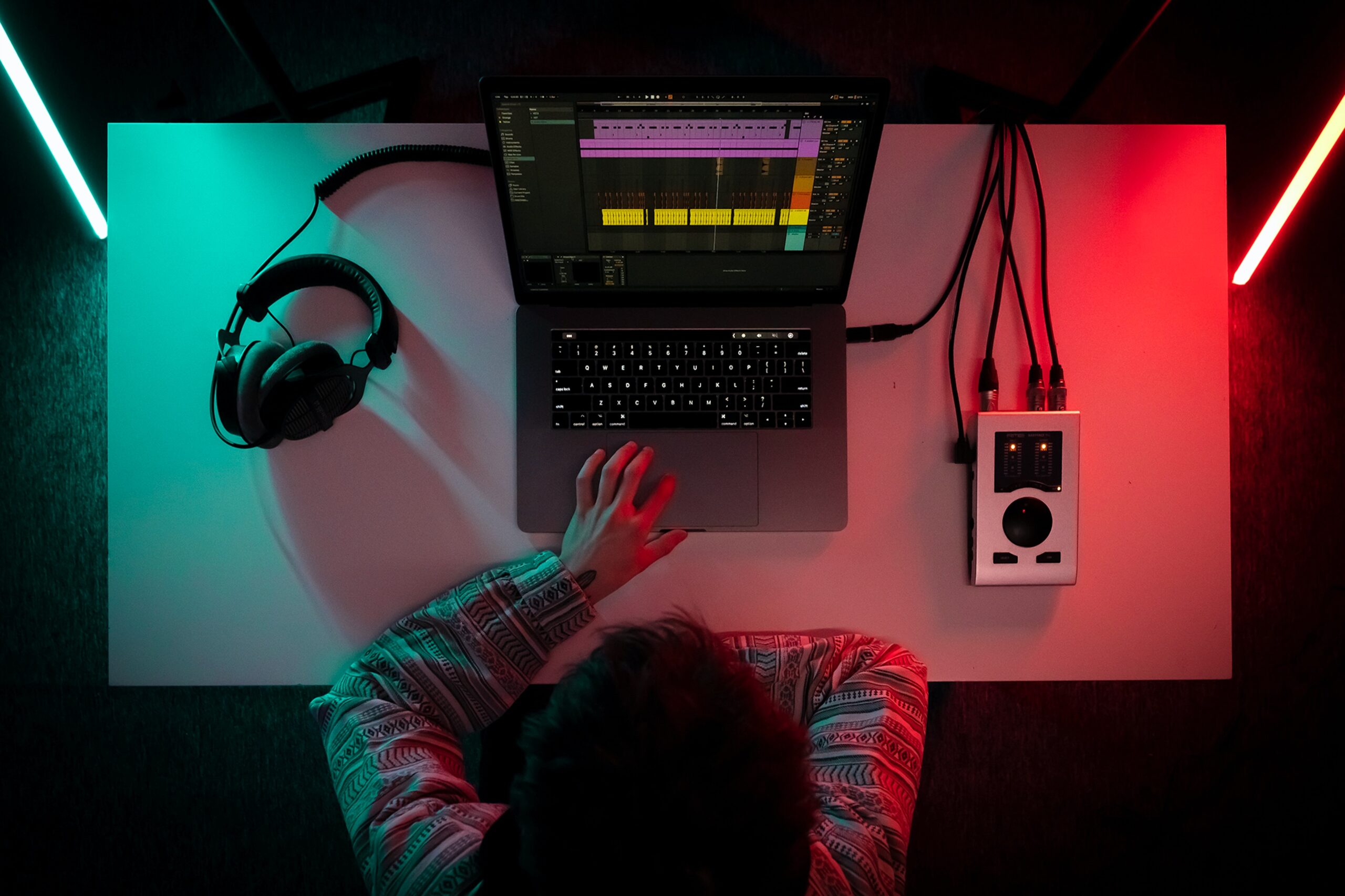Sync licensing is all the rage nowadays.
Indie musicians are running to this niche industry. Including me!
And that’s because it’s a legitimate way for home producers to make money, oftentimes passively.
Today you’ll learn all about what sync licensing is and how you can bolster your income with it.
So if you’re looking to join the fray and learn how to license music, you’re in the right place.
If you’re like most people in the music business today, you’re probably producing your own music. We put together a brief training that covers a totally new approach to music production. Until now, everyone has been teaching production totally backward. Just click below to watch. Get industry-quality in your music every time (steal this framework)
But if you want to learn about music licensing specifically, keep reading.
What Is a Synchronization License?
A synchronization license is also called a sync license.
It’s when you allow someone to use your song in some form of visual work. This could be a commercial, TV show, film, or video game.
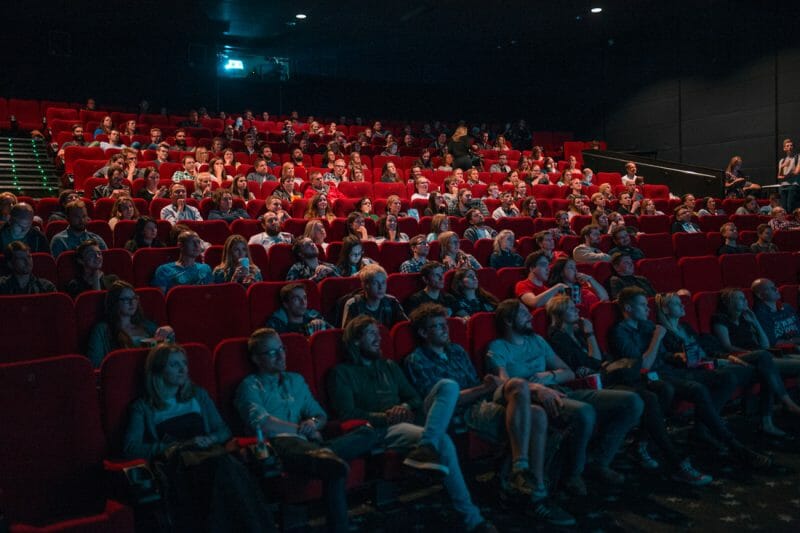
In exchange, you’re paid a sync fee.
I’ll talk more about how much you can make below. But for now, let’s talk about rights.
In whatever case, you keep the rights to your song when you license your music.
It doesn’t matter whether you sign an exclusive or non-exclusive deal. You (should) retain all the rights you currently have.
So if you’re working by yourself, you’ll have all (200%) of the rights to the composition. If you have a co-writer or publisher, those rights are probably split between you.
An exclusive sync license is when you give one party—and only them—permission to use your song in a visual work. Usually, these deals have a term, after which you can renew or not.
A non-exclusive sync license allows you to license your song to an unlimited number of parties. That is, as long as those other parties don’t want exclusivity.
How Much Can You Get Paid for Sync Licensing?
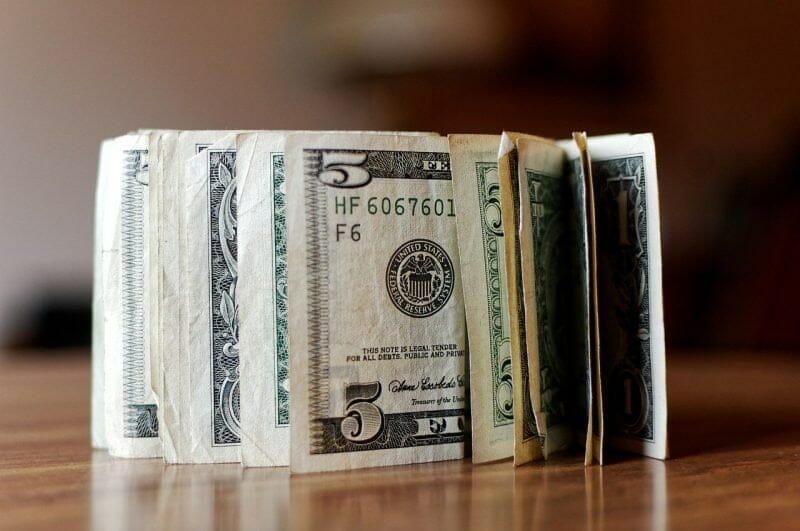
The answer to this question varies greatly. It depends on a lot of things, including:
- The scope and budget of the project
- The audience reach of the client
- Whether it’s an exclusive or non-exclusive deal
- If the song will be featured, as opposed to background music
- What middleman you work with, if any
Let’s use Musicbed, one of the most well-known music licensing companies, as an example.
They will charge clients $49 to use your song in a wedding video. On the other end of the spectrum, they’ll charge clients $499 to use your song in a film that has a budget of $250k to $500k.
In both cases, Musicbed splits those fees with you. This is how most licensing companies operate.
However, license fees can be much less than $49 and much more than $499. Some TV shows can pay between $1,000 and $3,000 per placement.
Where and How to License Your Music

There are a lot of avenues to license music. So I want to cover the best options and how to go about it.
Music Licensing Companies
A music licensing company is where creatives go to find music for their visual projects. It’s basically a library of licensable songs.
If you’re looking for a method with minimal admin work, this is the way.
If you can get accepted onto a company’s roster, they do all the marketing, legal dealings, and music delivery.
They also already have a built-in flow of traffic—an audience that’s looking for music.
Plus, any time someone contacts you about licensing your music, you can simply send them to your page on the licensing company’s website.
Here are some reputable music licensing companies you can submit your music to:
Music Supervisors
Music supervisors choose the music for TV shows, commercials, and movies. And you’re able to submit your music directly to them, you just have to be smart about it.
Before you send anything, make sure each and every song has metadata. Supervisors rely on a song’s metadata to find it in their library of music. I use TigoTago for metadata—it’s easy and free.
How do you submit your music to supervisors?
First, you should know that many supervisors won’t accept music from people they don’t already know.
That’s why it’s important to network in real life. Even if you don’t meet supervisors directly, you can meet someone who knows them.
For example, you could get in touch with a supervisor’s assistant. They’re going to have more time to talk or answer emails.
And who knows, they may end up a supervisor themselves one day.
If you think about how much music supervisors receive, it makes sense they’re selective.
However, just because you don’t already know a supervisor doesn’t mean you can’t email them. If you make the music they need, they’ll want to hear your song.
Check out this email template from DIY music expert Ari Herstand. He enlisted the help of Music Supervisor Lindsey Wolfington to work out a great approach for contacting music supervisors.
As for payment, supervisors have specific budgets they’re working within. Instead of pitching a fee, let them tell you how much they can pay.
If you don’t hear back, that could mean they’ve bookmarked your song for future use. So follow-up every now and then with new music. Whether or not they responded to your previous email.
Indie Filmmakers
Going directly to filmmakers may work for you.
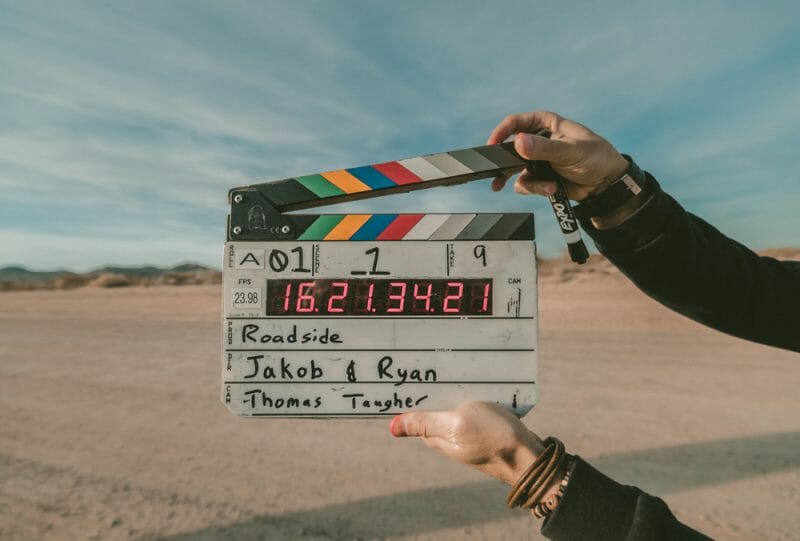
Indie filmmakers are looking for music. It may be for a promotional video or their passion project.
They usually prefer to work with people who can quickly get them the songs they need. Or even create custom music.
Want to take the extra step when pitching your music to them? Create a custom piece of music set to one of their films or videos.
Then email the filmmaker, including a link to the song and an explanation of how their film inspired it.
Where do you find these filmmakers? Try these places:
- Film or film/composer Facebook groups
- Film-related events in real life
- YouTube and Vimeo
Sync Licensing Agents
A sync licensing agent is someone you hire to pitch your songs for you. And if you can afford it, they can save you a lot of time.
As Sync Summit points out, the more time you spend dealing with metadata, emails, and paperwork, the less time you have to make music. And for you, it’s all about the music.
Plus, sync agents often know music supervisors and other music industry people. This can help your chances of getting a placement.
As far as cost, you either pay them a fee or they take a percentage of any sync fees you earn through them.
How do you find a sync licensing agent?
Join Facebook groups. Ask your fellow syncers who represents them.
Reach out to companies with sync agents, like these:
On Your Own
The last option for licensing your music is the DIY approach.
This is definitely the most difficult and time-consuming. But it can reap the greatest financial rewards.
What does this look like?
Well, you’d set up a page on your official website featuring your most licensable tracks. Below that, add a contact form for people to fill out.
Your contact form needs these fields:
- Their name
- Their email address
- A message where they can tell you more about the project
- Project deadline
- Their client (unless an NDA is required)
- Whether they want to license a current track or commission you for a custom track
This means you’ll have to draw up and send contracts, negotiate your prices, and deliver all the song versions in a timely manner.
It’s more work, but there’s no middleman taking a slice of the sync fee.
How to Ensure Your Music Is Ready
All of this information is pointless if your music isn’t good enough quality.
Regardless of your genre, there’s surely a niche for you in the licensing world. So you just need to ensure your songs meet industry standards.
Professional-level music starts at the engineering stage.
Get really good at recording your songs. Then the editing, mixing, and mastering stages will be so much more effective.
Here are some tips for making sure you’re recording the best songs possible:
- Record more takes than you think you need
- Try different microphone positionings
- Learn proper mixing techniques
- Use a reference track during mixing
- Practice mastering your own song to get it to professional standards
Conclusion
By following all these steps and tips, you’ll be licensing your music in no time.
Have you had success in sync licensing? Let me know in the comments and let’s talk!
If you want to dig deeper into music production and learn what it actually takes to make mixes that sound pro… And you’re an intermediate or advanced producer… Be sure to check out the free masterclass: Enjoy!Next Steps



